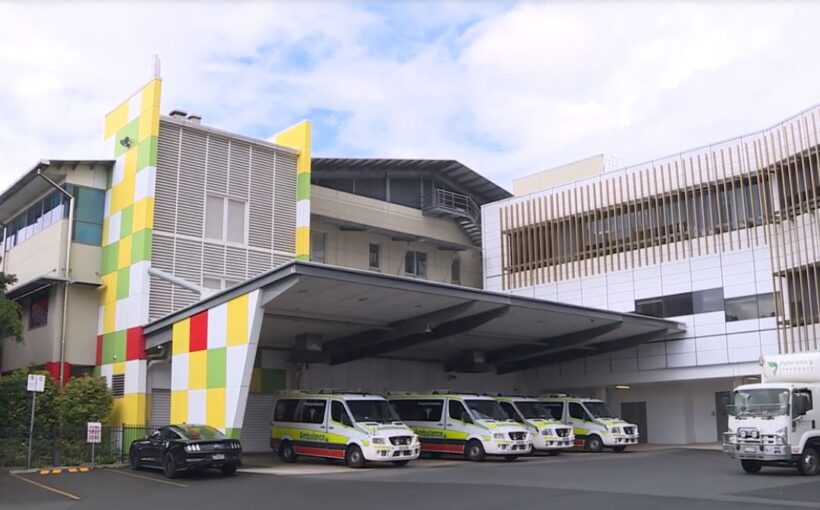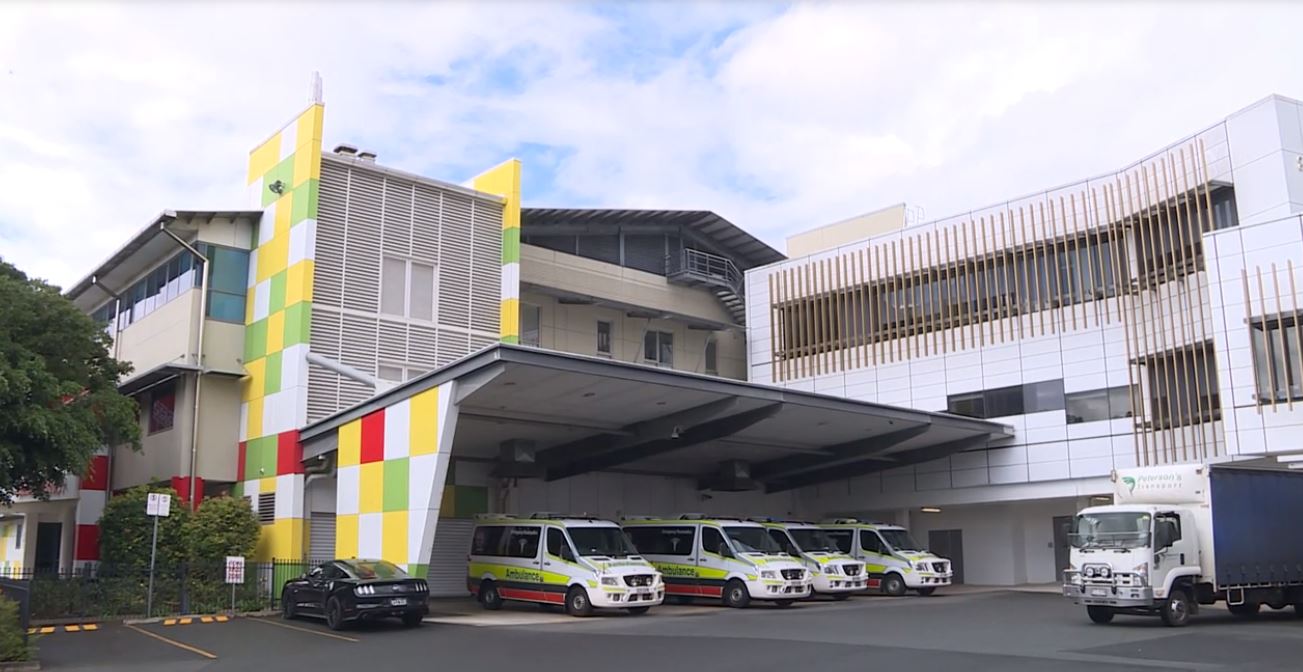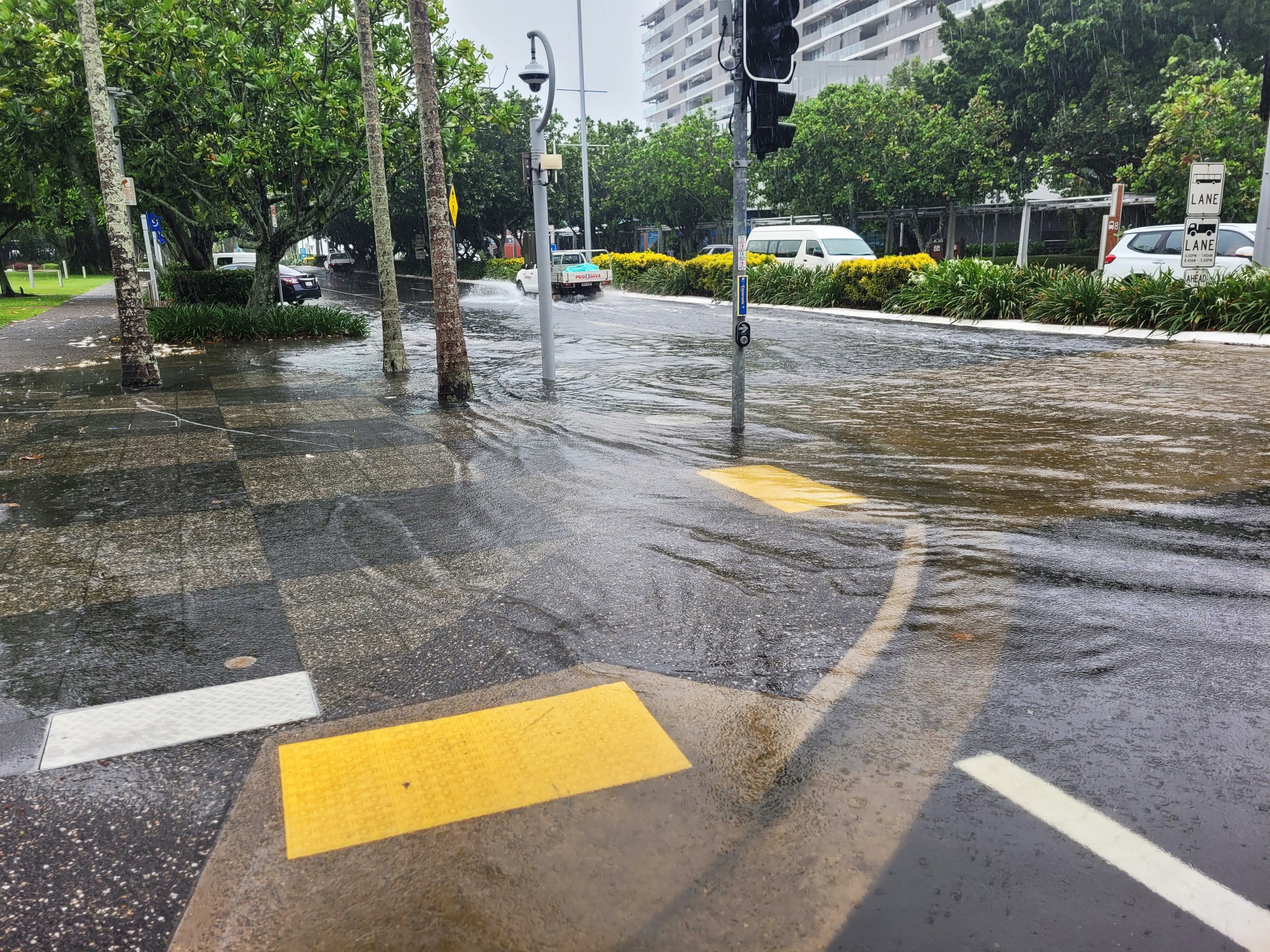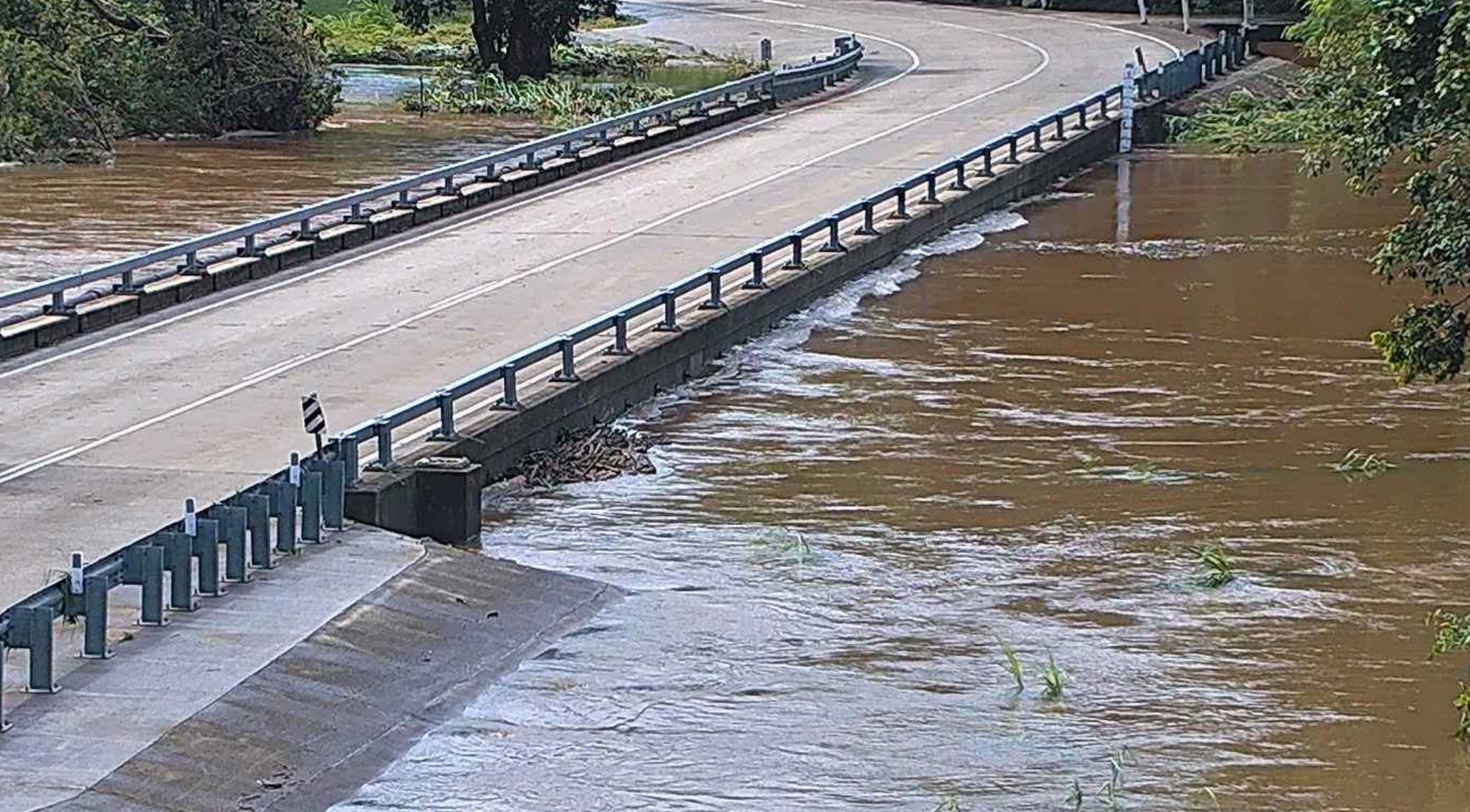Two people have died from the soil-borne bacterial disease melioidosis in Far North Queensland during the region's unrelenting wet season that saw major flooding and rainfall totals.
The Cairns and Hinterland Hospital and Health Service has recorded 30 cases since January 1, including the two deaths.
The number of cases is higher than average for this time of year, according to Tropical Public Health Services director Dr Jacqui Murdoch.
READ MORE: CBA posts half-yearly profit of $5.1b, forecasts household relief
"There has been a relatively late start to the monsoonal season for us here in Cairns, so people need to be aware that seasonal diseases such as melioidosis are likely to continue to be a danger for a longer period," she said.
"Melioidosis is a serious disease found in groundwater and soil, and it can cause death in up to 20 per cent of treated cases.
"Early recognition and treatment are vital."
Melioidosis is a rare tropical disease caused by bacteria called Burkholderia pseudomallei, which is commonly found in soil and water in South-East Asia and northern Australia and, in some instances, in south Queensland.
It is found in deep soil and rises to muddy surfaces during the wet season, which occurs in Far North Queensland from about November to March.
Most cases occur after heavy rain or flooding.
READ MORE: Police to stand trial over alleged false imprisonment of driver
The disease enters the body from the soil through cuts and sores, breathing it in or drinking dirty water.
It does not typically spread from people or animals.
After exposure, people can get sick a few days to many years later.
"Melioidosis is very uncommon in healthy adults, and rarely seen in children, but can occasionally occur in people with diabetes, kidney problems, lung problems and people on medication that lowers their immune system," Murdoch said.
"Symptoms of acute Melioidosis may include fever, cough and difficulty breathing; the effects can be very severe and often require hospitalisation for antibiotic treatment.
"Sometimes the disease presents as superficial skin infections or abscesses in various parts of the body."
READ MORE: Gold Coast's free tip service under threat
While there is no vaccine to prevent melioidosis, those who contract the disease can undergo strong antibiotics for at least three months.
Queensland Health advises people to take precautions to avoid infections including not working outside if it is raining, controlling diabetes and reducing alcohol intake.
"When you go outside, wear protective footwear and gloves, wash your skin thoroughly after exposure to soil or muddy water, and wear a mask if you're using a hose or high-pressure cleaner around soil," Murdoch said.
"If you are immunosuppressed and you develop a chest infection or fever, it's important to seek medical assistance."
Anyone who has noticed non-healing wounds or persistent fevers over several weeks is urged to see their GP.
DOWNLOAD THE 9NEWS APP: Stay across all the latest in breaking news, sport, politics and the weather via our news app and get notifications sent straight to your smartphone. Available on the Apple App Store and Google Play.







